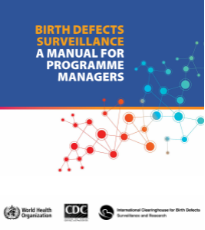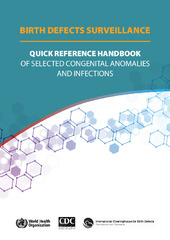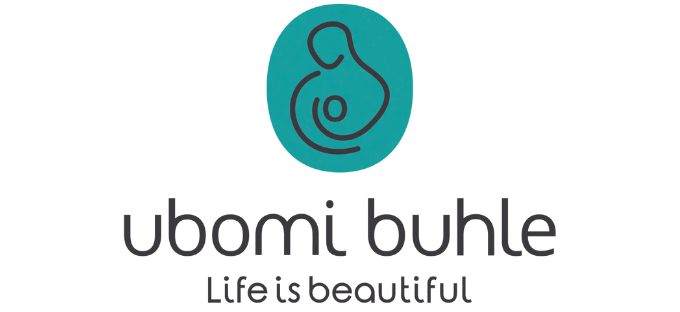
This page provides access to a collection of internal and external documents and links to guide researchers, policy-makers, implementers, civil society and non-governmental organizations with sSCAN knowledge-sharing and capacity strengthening across the globe.
|
The Global Birth Defects Description and Coding AppThe Global Birth Defects Description and Coding (GBDDC) App is for use in areas where local expertise in congenital anomaly diagnosis is scarce. The purpose of the App is to improve the description and coding of major externally visible congenital anomalies for surveillance and research. |
Birth Defects Surveillance: A Manual for Programme Managers [PDF, 4.4mb]The manual is a collaborative effort between the World Health Organization (WHO), |
Birth defects surveillance: atlas of selected congenital anomalies [PDF, 8.5mb]This is a companion tool to Birth defects surveillance: a manual for programme managers. |
|
The Global Birth Defects Resources InventoryAn extensive body of resources specific to birth defect surveillance, whether you are a public health professional, clinician or research. |
Ubomi Buhle Training ModulesThe Ubomi Buhle Pregnancy Exposure Registry aims to establish a pregnancy exposure registry in South Africa, employing a series of health system strengthening approaches to monitor the impact of medicines and other exposures in pregnancy on adverse maternal and birth outcomes. To build capacity, Ubomi Buhle offers clinical training modules in order to obtain reliable routine antenatal (i.e. obstetric, medical, and medicine exposure) and perinatal (labour/delivery, surface examination, and birth outcome) data in a cohort of pregnant women. |
Rare Diseases South Africa
Rarity Mag is an online lifestyle platform which seeks to inspire, engage and empower South African stakeholders within the rare diseases and congenital abnormality communities by providing relevant, useful information and a platform for honest, authentic storytelling.
sSCAN is featured in issue 5.
Primary Neurulation and Neural Tube Defects
A lecture by Dr Dr Beda Olabu, Department of Anatomy, University of Nairobi, Kenya


